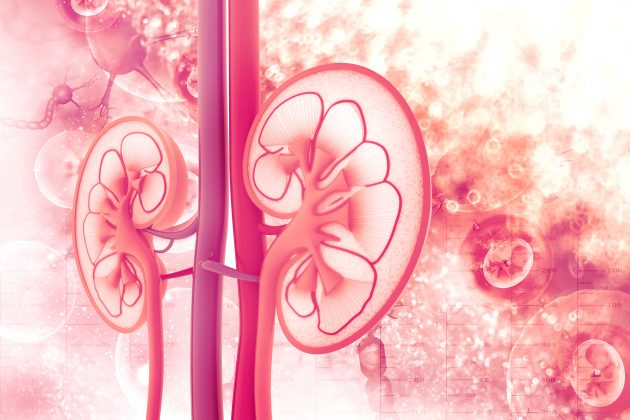Associations between financial hardship and poor health are well recognized. There are few data available on the association between financial hardship and incident diabetic kidney disease (DKD) in the United States. Timothy R. Corwin and colleagues conducted a study designed to assess the longitudinal relationship between financial hardship and incident DKD among older adults with diabetes. Results were reported online in BMC Nephrology [doi.org/10.1186/s12882-021-02373-3].
Using four waves of data (2006-2012) from the Health and Retirement study, a national longitudinal cohort, the analyses included 2735 adults ≥50 years of age with diabetes and no DKD. The primary outcome of interest was incident DKD. Using validated surveys, financial hardship was defined as: (1) difficulty paying bills; (2) food insecurity; and (3) cost-related medication nonadherence.
Using all three measures, the researchers constructed a dichotomous financial hardship variable (0 vs 1 or more). After adjusting for demographics, socioeconomic status, and comorbidities, the association between financial hardship, change in financial hardship experience, and incident DKD was estimated using Cox regression models.
Median follow-up was 4.1 years. During follow-up, the rate of incident DKD was higher in those with versus those without financial hardship (4.12 vs 27 per 1000 person-years). Following adjustment, the likelihood of developing incident DKD was significantly increased in those with financial hardship compared with those without financial hardship (hazard ratio [HR], 1.32; 95% confidence interval [CI], 1.04-1.68). Persistent financial hardship and negative financial hardship were associated with incident DKD compared with no financial hardship experience (adjusted HRs, 1.52; 95% CI, 1.06-2.18 and 1.54; 95% CI, 1.02-2.33, respectively).
Positive financial hardship was not significantly significant in unadjusted and adjusted models (adjusted HR, 0.89; 95% CI, 0.55-1.46). Independent of other financial hardship measures, cost-related medication nonadherence was associated with incident DKD (adjusted HR, 1.43; 95% CI, 1.07-1.93).
In conclusion, the researchers said, “Financial hardship experience is associated with a higher likelihood of incident DKD in older adults with diabetes. Future studies investigating factors that explain the relationship between financial hardship and incident DKD are needed.”
Credit: Original article published here.










